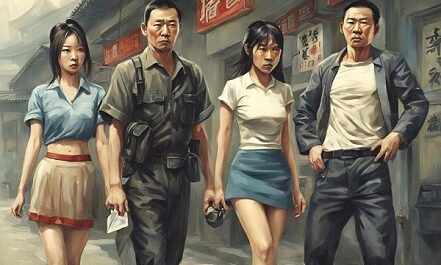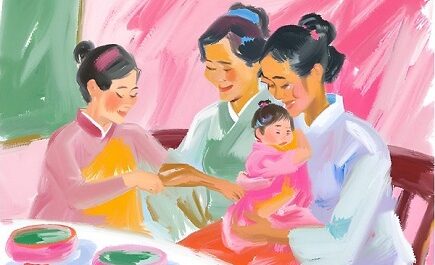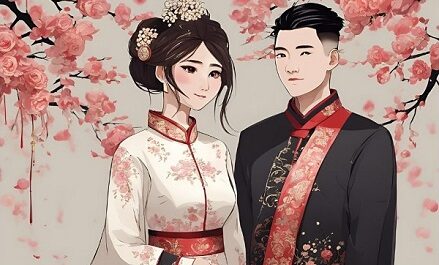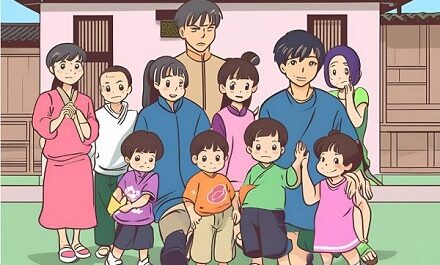Learn Chinese Idiom with Pinyin and English
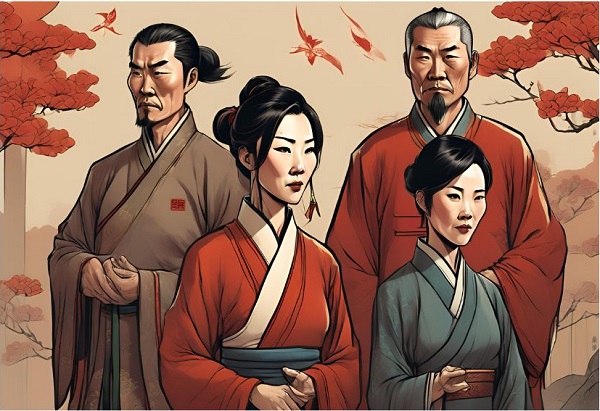
- Idiom in Chinese-骄儿騃女。
- Pinyin of Idiom– jiāo ér sì nǚ.
- Idiom’s Meaning in English– This idiom refers to young and naïve children, often used to describe those who are overly indulged and lack discipline. It is often associated with parents who excessively pamper their children, leading to their children’s immaturity and lack of social skills.
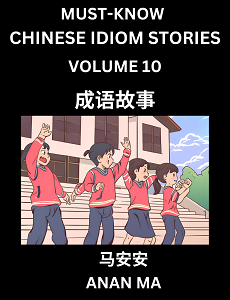
Chinese Idiom Stories Books (HSK All Levels):
- Books to Learn Chinese Idiom Stories (Part 1)
- Books to Learn Chinese Idiom Stories (Part 2)
- Books to Learn Chinese Idiom Stories (Part 3)
Learn Chinese Idiom Story in English (成语故事的英文)
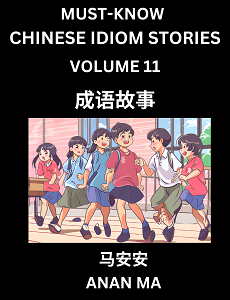
The idiom “jiāo ér sì nǚ” originates from an ancient Chinese story. It is said that in a wealthy family, there was a son and a daughter who were excessively indulged by their parents. They were never disciplined, and as a result, they grew up to be spoiled and naive. They lacked basic manners and the ability to respect others. Whenever they caused trouble outside, their parents would always make excuses for them, believing that they were still young and would mature as they grew older. However, as time passed, the children did not become more mature as their parents had hoped. Instead, due to their lack of discipline, they became even more unruly and unreasonable, ultimately leading to the decline and fall of their family.
Learn Idiom Story in Chinese (成语故事)
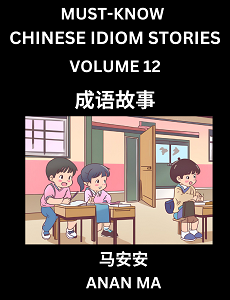
“骄儿騃女”这个成语源自于古代中国的一个故事。相传,有一户富贵人家,家里有一对儿女,父母对他们极为溺爱,从不加以管教。这对儿女因此变得娇生惯养,任性妄为,缺乏基本的礼貌和尊重他人的意识。每当他们在外闯祸,父母总是为他们找借口,认为他们还年轻,不懂事,长大自然就好了。然而,随着时间的流逝,这对儿女并没有如父母所愿变得成熟懂事,反而因为缺乏管教而变得更加蛮横无理,最终导致了家族的衰败。
Learn Keywords with English, Simplified Chinese Characters, and Pinyin (关键词)

- 骄儿騃女(jiāo ér sì nǚ): spoiled and naive children
- 溺爱(nì ài): excessive indulgence
- 管教(guǎn jiào): discipline
- 娇生惯养(jiāo shēng guàn yǎng): be overly indulged and pampered
- 任性妄为(rèn xìng wàng wéi): act recklessly and selfishly
- 衰败(shuāi bài): decline and fall
Pinyin of Idiom Story (故事的拼音)
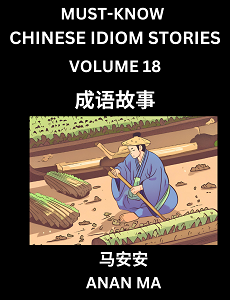
“Jiāo ér sì nǚ” zhège chéngyǔ yuán zì yú gǔdài zhōngguó de yīgè gùshì. Xiāngchuán, yǒuyī hù fùguì rénjiā, jiā li yǒuyī duì er nǚ, fùmǔ duì tāmen jíwéi nì’ài, cóng bù jiāyǐ guǎnjiào. Zhè duì er nǚ yīncǐ biàn dé jiāoshēngguànyǎng, rènxìng wàngwéi, quēfá jīběn de lǐmào hé zūnzhòng tārén de yìshí. Měi dāng tāmen zàiwài chuǎnghuò, fùmǔ zǒng shì wèi tāmen zhǎo jièkǒu, rènwéi tāmen hái niánqīng, bù dǒngshì, zhǎng dà zìrán jiù hǎole. Rán’ér, suízhe shíjiān de liúshì, zhè duì er nǚ bìng méiyǒu rú fùmǔ suǒ yuàn biàn dé chéngshú dǒngshì, fǎn’ér yīnwèi quēfá guǎnjiào ér biàn dé gèngjiā mánhèng wúlǐ, zuìzhōng dǎozhìle jiāzú de shuāibài.

